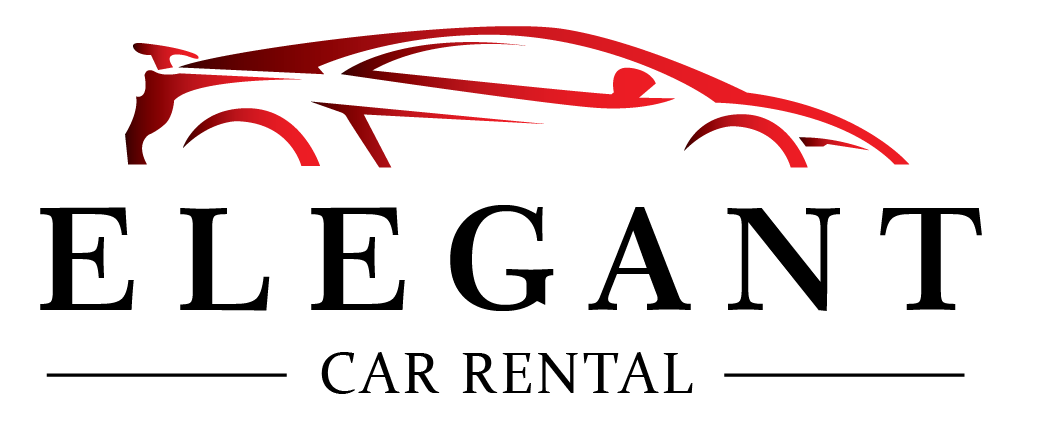The relevance of the Dutch judicial model is supported by the Netherlands` high ranking in international rule of law indices (such as The World Justice Project or Transparency International). Today, ECNL is an independent and established European leader in civil society law and policy, operating in 21 countries and 4 regions, contributing to setting standards at global and European level. While we still focus on Europe, we are increasingly working globally and have supported partners in regions such as Africa, Latin America and Asia. The ECNL is the only regional organisation in Europe that focuses exclusively on the political and legal environment of civil society organisations, ensuring that organisations, activists and movements have the legal and practical knowledge, skills and capacity to defend their spaces and freedoms. Support developing countries and countries with economies in transition in implementing legal and judicial reforms. Since the International Peace Conference in 1899, the city has been considered a world centre for justice and conflict resolution. Today, the city of The Hague is home to many international organizations working to make the world safer and more peaceful, such as the International Court of Justice, the International Criminal Court, the Permanent Court of the Arbitral Tribunal, the Hague Conference on Private International Law and the Organization for the Prohibition of Chemical Weapons. Former UN Secretary-General Boutros Boutros-Ghali was the first to call The Hague “the legal capital of the world.” Legal and humanitarian organisations based in The Hague support the city`s claim to be the international city of peace and justice. The Hague is also home to important EU institutions such as Eurojust and Europol. The ECNL team has many years of experience in creating framework conditions and advocating for a better legal and policy environment.
ECNL was originally founded in Hungary as a branch of the International Center for Non-Profit Law (ICNL), with a mission to support the creation of laws governing the registration and operation of CSOs in emerging democracies in Central and Eastern Europe. We helped create the first CSO laws in almost every country in the region. As organizations and movements grew and played a more active role in their societies, the role of the ECNL also increased. In order to better meet these needs, ECNL became an independent European organisation in 2003, continuing its operations from Budapest. In 2018, we moved the offices to The Hague, the Netherlands. Thanks to our privileged base in The Hague, the international city of peace and justice, we can offer advisory services to non-Dutch legal organisations or public institutions wishing to access the international legal community based here. CILC is open, thoughtful and connected to relevant partners and their expertise. CILC has direct access to prominent members of the Dutch judiciary, the Dutch Ministry of Justice and law faculties in the Netherlands.
The CILC Council of Partners includes representatives of the Dutch law faculties, the Judicial Council, the Prosecutor General`s Council, the Dutch Bar Association, the Dutch Judicial Chamber, the Royal Association of Judicial Officers and other professional associations and specialized institutions whose work is relevant to our mission. Thus, CILC represents the entire legal community in the Netherlands, from which we draw extensive and consistent expertise for our projects. The Netherlands occupies a leading place in international legal cooperation. The Dutch approach is characterised by legal cooperation at eye level, facilitated by three factors: CILC is a non-profit organisation that combines the management performance and flexibility of the private sector with a total commitment to positive development results. We are credible in promoting legal reform projects globally, in part because we do not focus on maximizing the benefits of the project budgets we manage and are therefore more adaptable to a wider range of partnership opportunities. We lead and implement international cooperation projects to strengthen judicial systems and the rule of law around the world, in developing countries and countries with economies in transition. We acquire these projects by competing for funding in the international donor market. We also provide services to Dutch governments and executive agencies in the area of project and programme management for justice and the rule of law, including the promotion of The Hague as a City of Peace and Justice. Our goal is to create a legal and policy environment that enables individuals, movements and organizations to exercise and protect their civil liberties and implement transformative ideas that respond to national and global challenges.
We envision a space where everyone can freely exercise their rights, work in solidarity and shape their society. The European Center for Not-for-Profit Law Stichting (ECNL) is a non-governmental organization based in The Hague, the Netherlands, that works to strengthen civil society by creating an enabling legal and policy framework. CILC was founded in 1985 at the initiative of the Dutch government to implement a multi-year programme of judicial cooperation with Indonesia. After the collapse of the communist regimes, CILC began to support legal reforms in the former Soviet Union and Eastern Europe, given the immediate need for expertise in building the rule of law. Since then, CILC has grown into a global organization for international legal cooperation and rule of law capacity-building projects. We believe that creating successful international legal cooperation projects requires experience, an understanding of local needs and a commitment to quality standards. We believe that creating successful international legal cooperation projects requires experience, an understanding of local needs and a commitment to quality standards. Our ideas and project suggestions have incorporated these factors. We start each new project design with a thorough research of the current situation, taking into account risks and sustainability factors. It is a process in which beneficiaries are consulted and closely involved, a process that helps us to define realistic but effective results.
